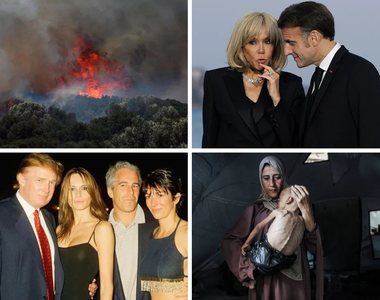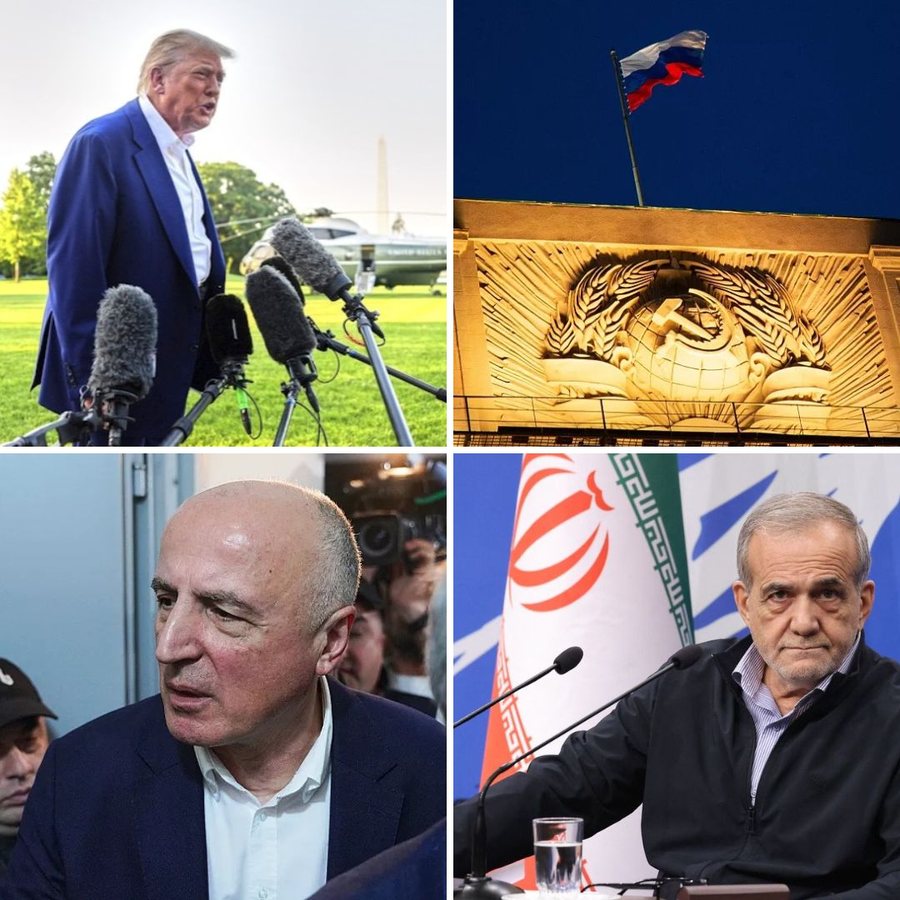
Ceasefire between Israel and Iran: Trump criticizes both countries
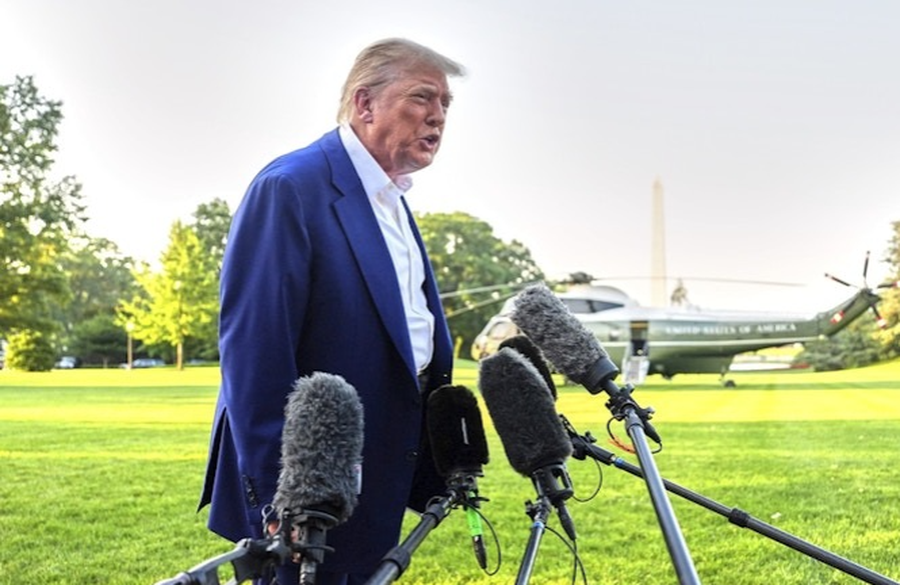
Tuesday morning began with great uncertainty about the timing of the entry into force of the ceasefire agreement, first announced by US President Donald Trump.
Just hours later, the Israeli Defense Minister accused Iran of violating the agreement and warned of a military response, shortly after Iran launched two missiles towards Israel, claiming to have violated the ceasefire.
The Israeli government announced it had accepted the ceasefire agreement on Tuesday morning, hours after the two countries exchanged heavy attacks overnight.
This situation also brought the reaction of Donald Trump, who did not hide his revulsion towards the two countries, saying that neither Israel nor Iran know what they are doing.
Iranian president declares end to 12-day war
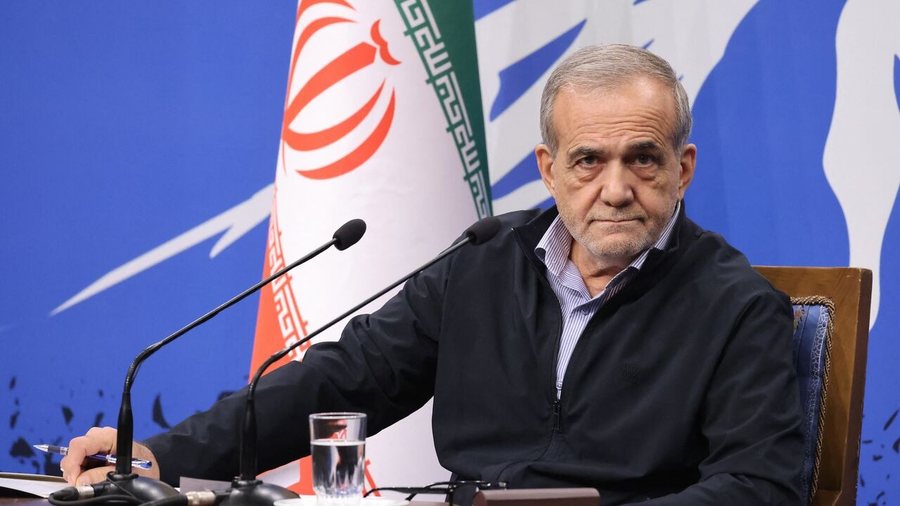
Iranian President Masoud Pezeshkian announced the "end of the 12-day war instigated" by Israel in a message to the nation, published by the state news agency IRNA.
“Today, after the heroic resistance of our great nation, which is writing history with its determination, we are witnessing the establishment of a ceasefire and the end of this 12-day war, instigated by Israeli adventures and provocations,” Pezeshkian wrote.
Earlier, the Iranian president expressed his country's willingness to "solve problems" with the United States.
Georgia arrests key opposition figures, protests escalate
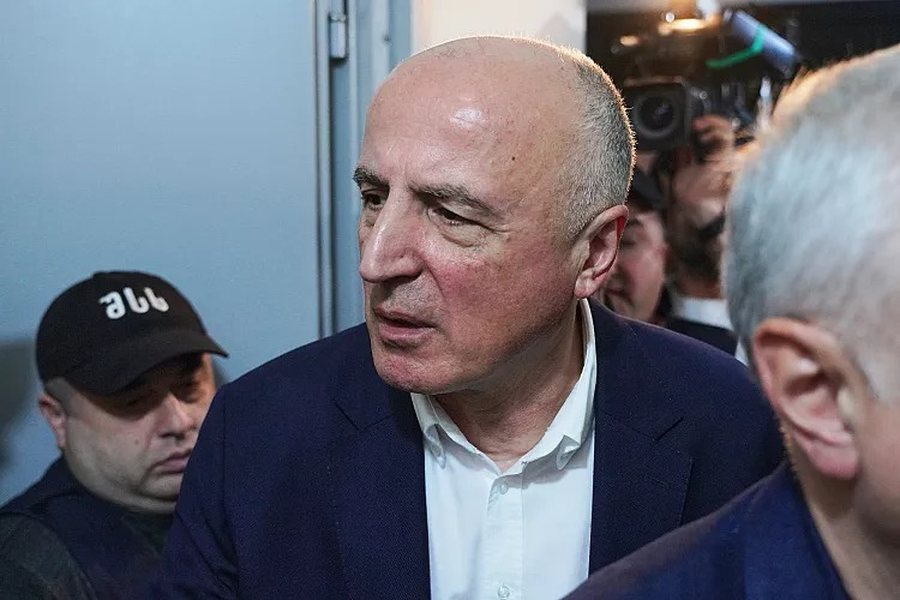
Authorities in Georgia have arrested four prominent opposition figures in the space of a few days, as part of a crackdown on opponents following disputed elections last October.
Almost all of Georgia's pro-Western opposition leaders are now in prison, while protests against the ruling party continue daily in the capital, Tbilisi.
Protesters claim that the October 26 vote, which gave the Georgian Dream party a new governing mandate, was not free and fair.
EU sanctions against Russia face political obstacles
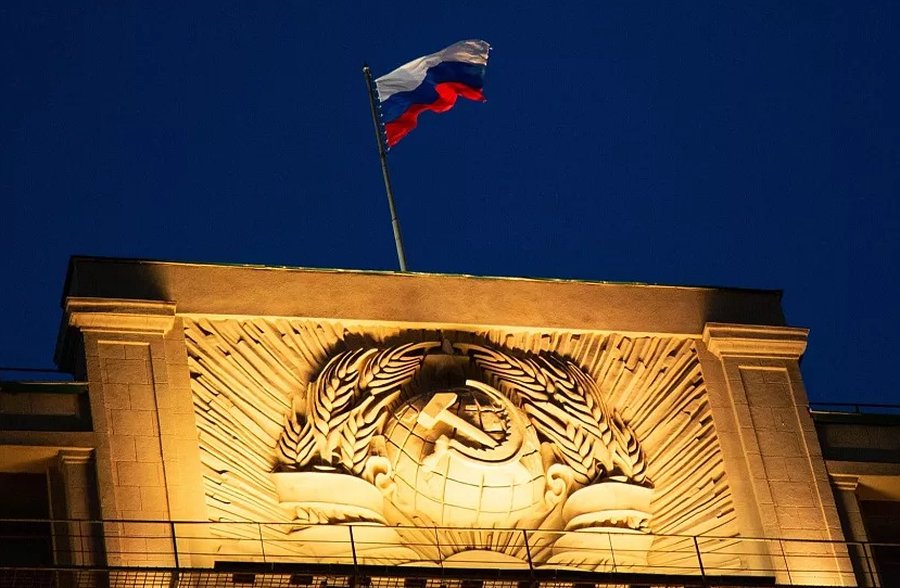
The European Union's latest package of sanctions against Russia has hit political roadblocks just days before a meeting of the bloc's 27 leaders, casting doubt on the timing and manner of adopting economic restrictions.
The obstacles relate to the ceiling price for crude oil that Russia exports by ship, which the European Commission proposed to lower from $60 to $45 per barrel in an attempt to reduce the Kremlin's energy revenues that finance its invasion of Ukraine.
Unlike other sanctions, this mechanism was designed and approved at the G7 level and in close cooperation with the United States. However, when G7 leaders gathered last week in Canada for their annual summit, there was no sign that Donald Trump, who left a day earlier, was in favor of this change.



